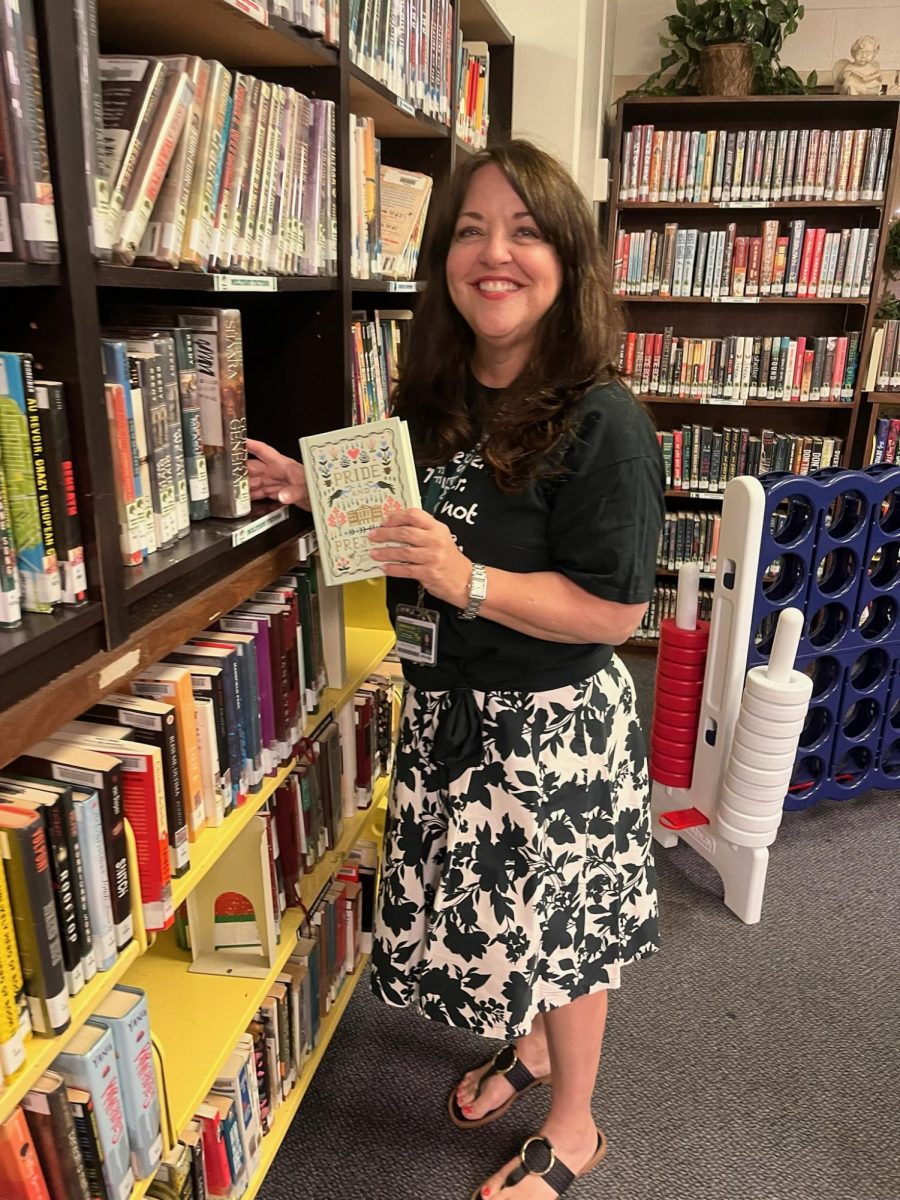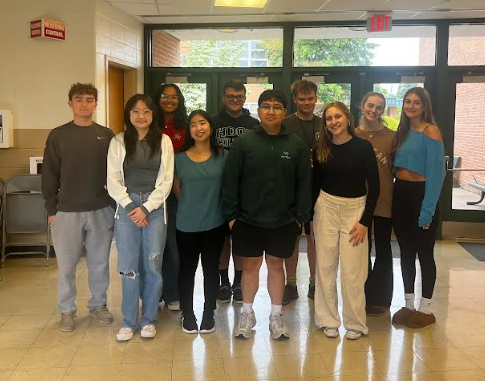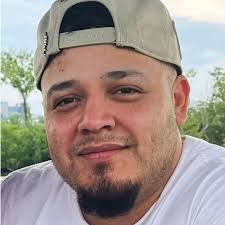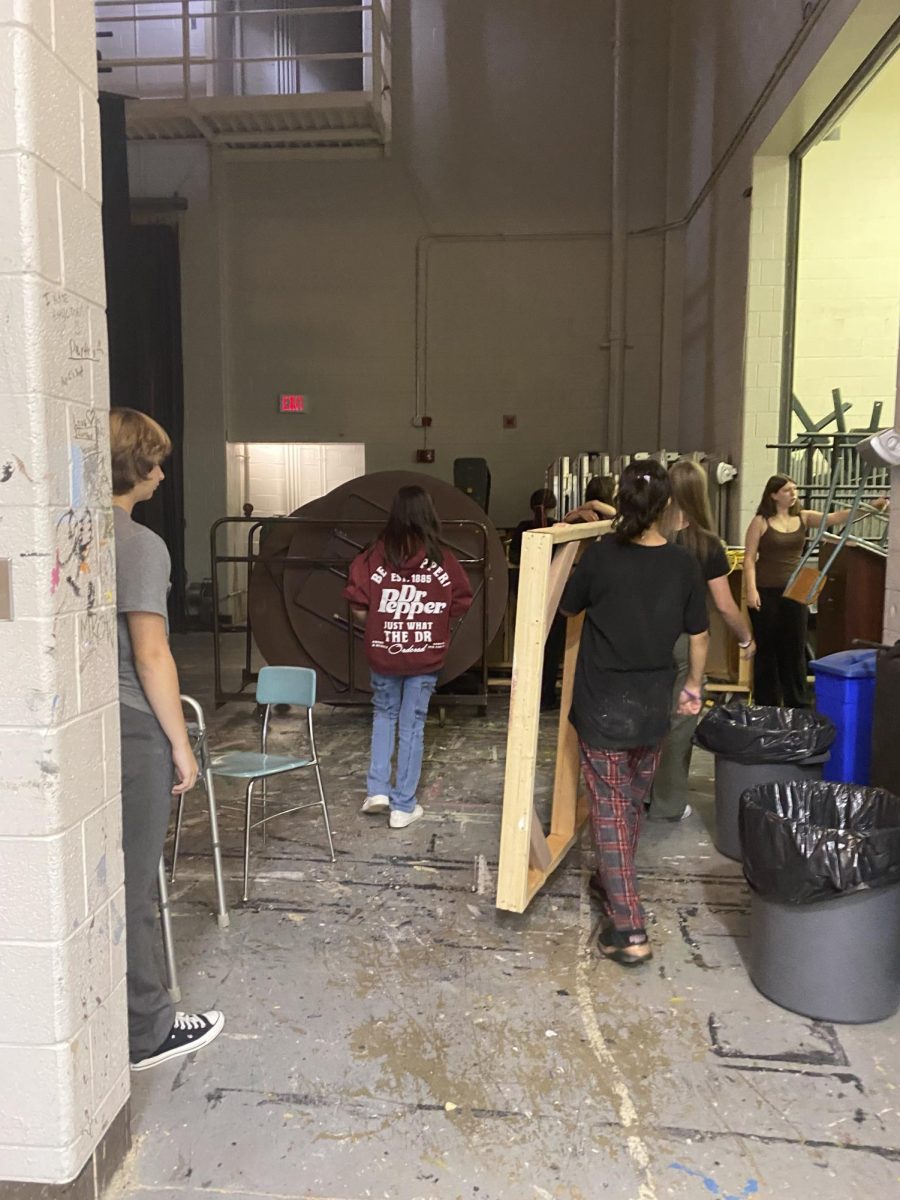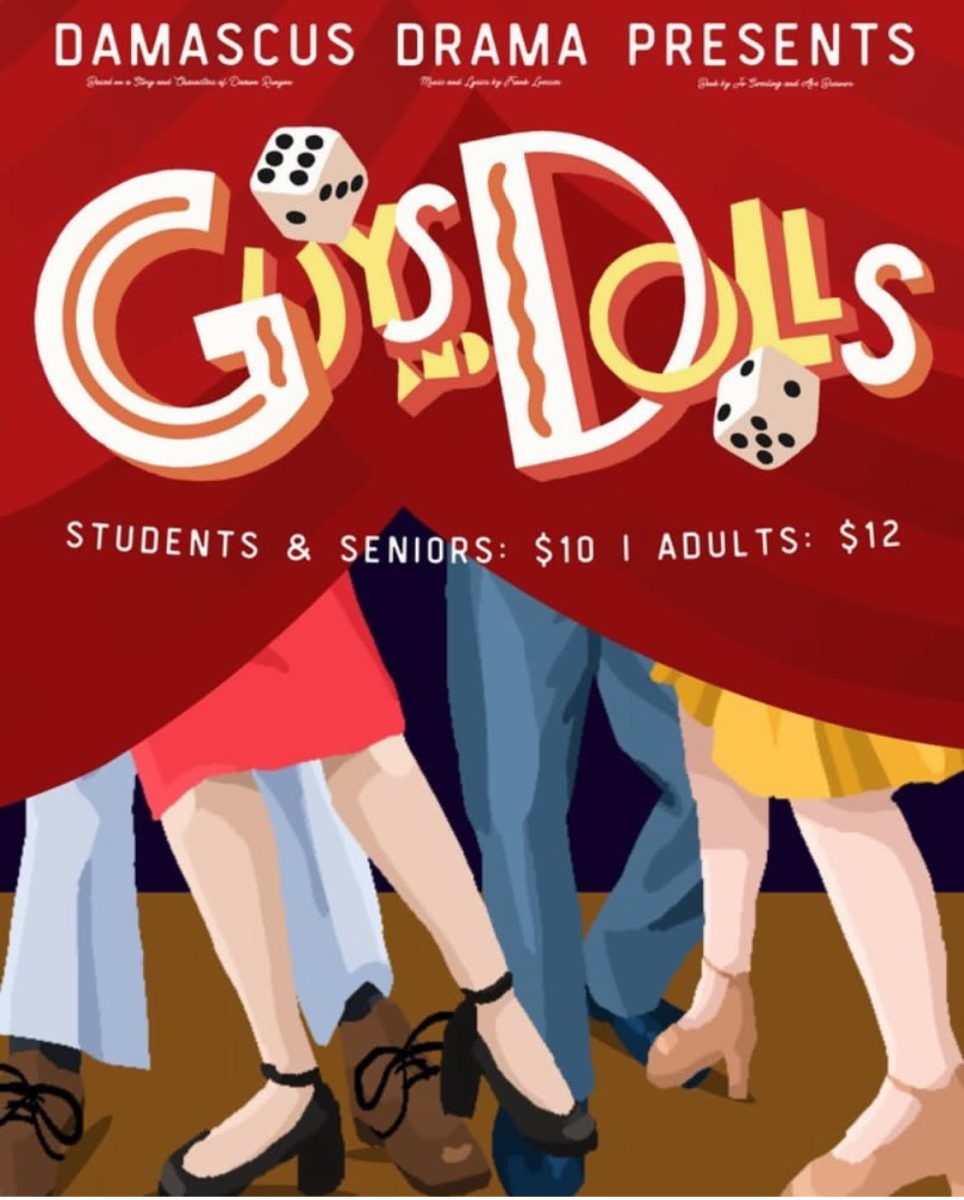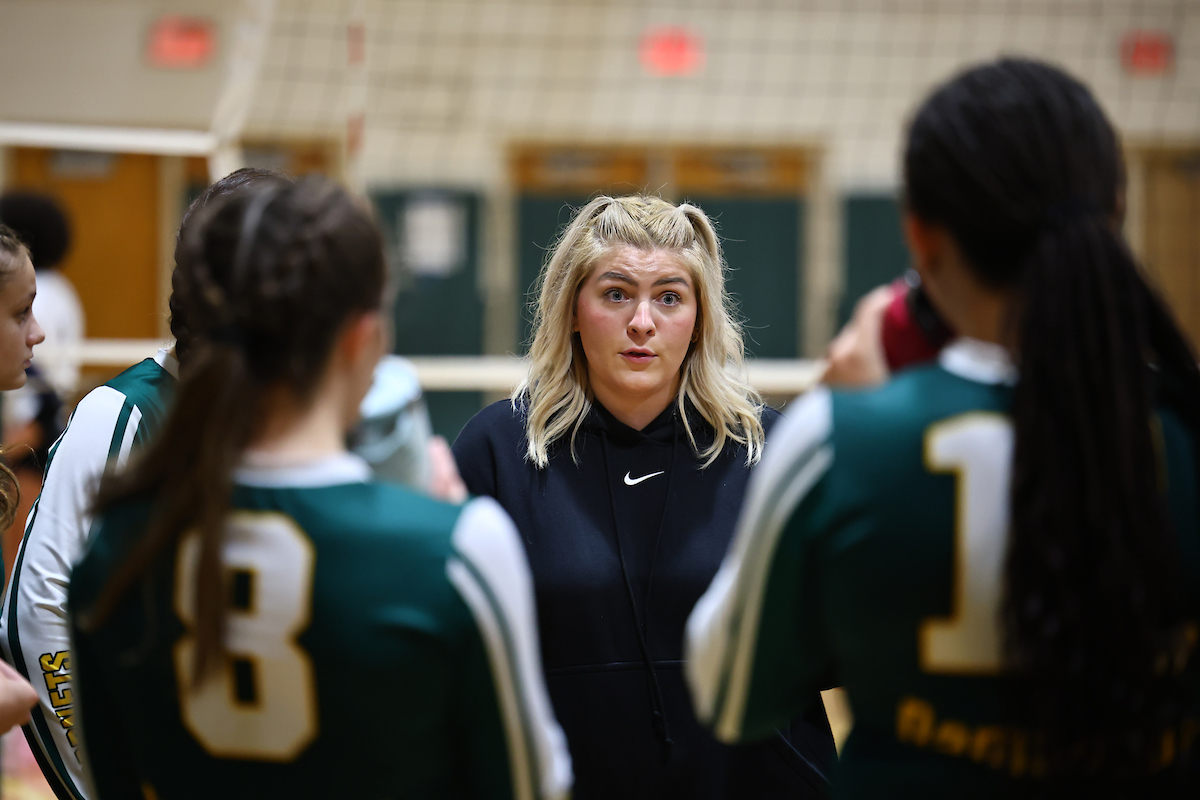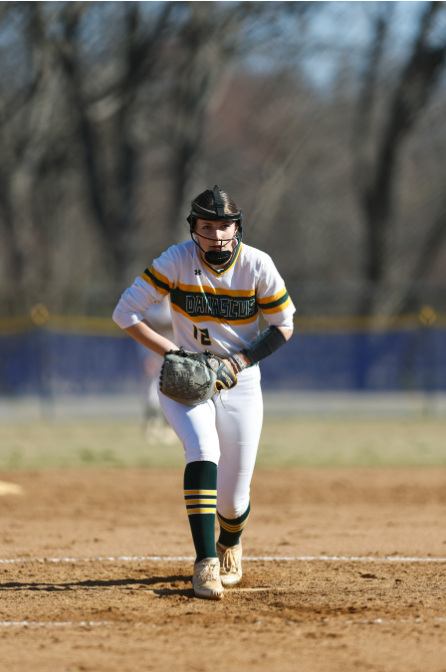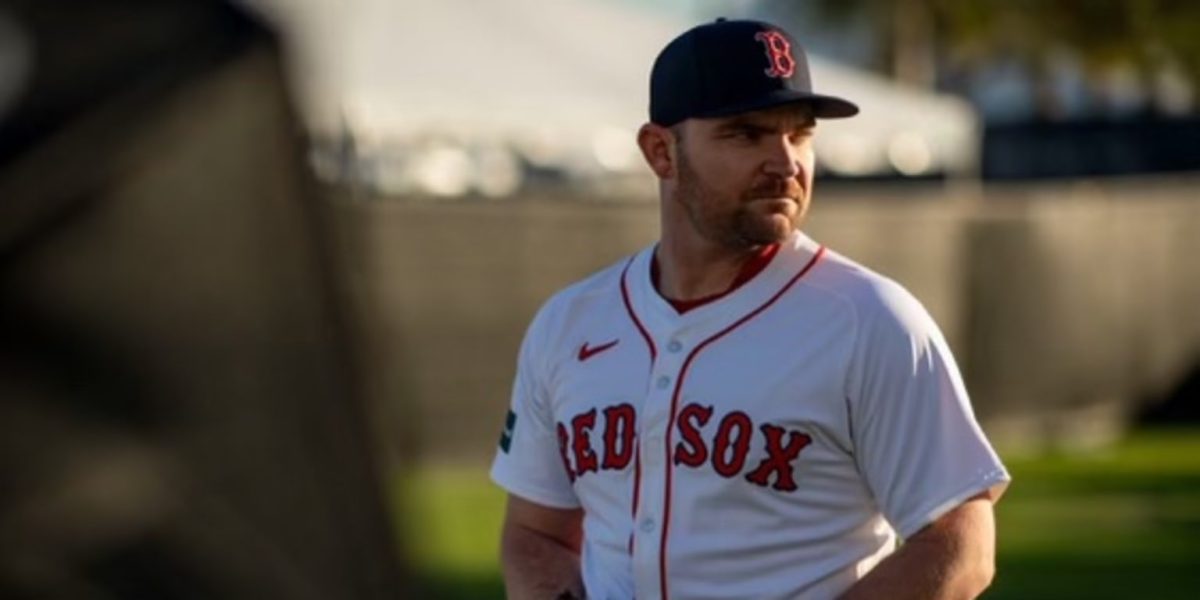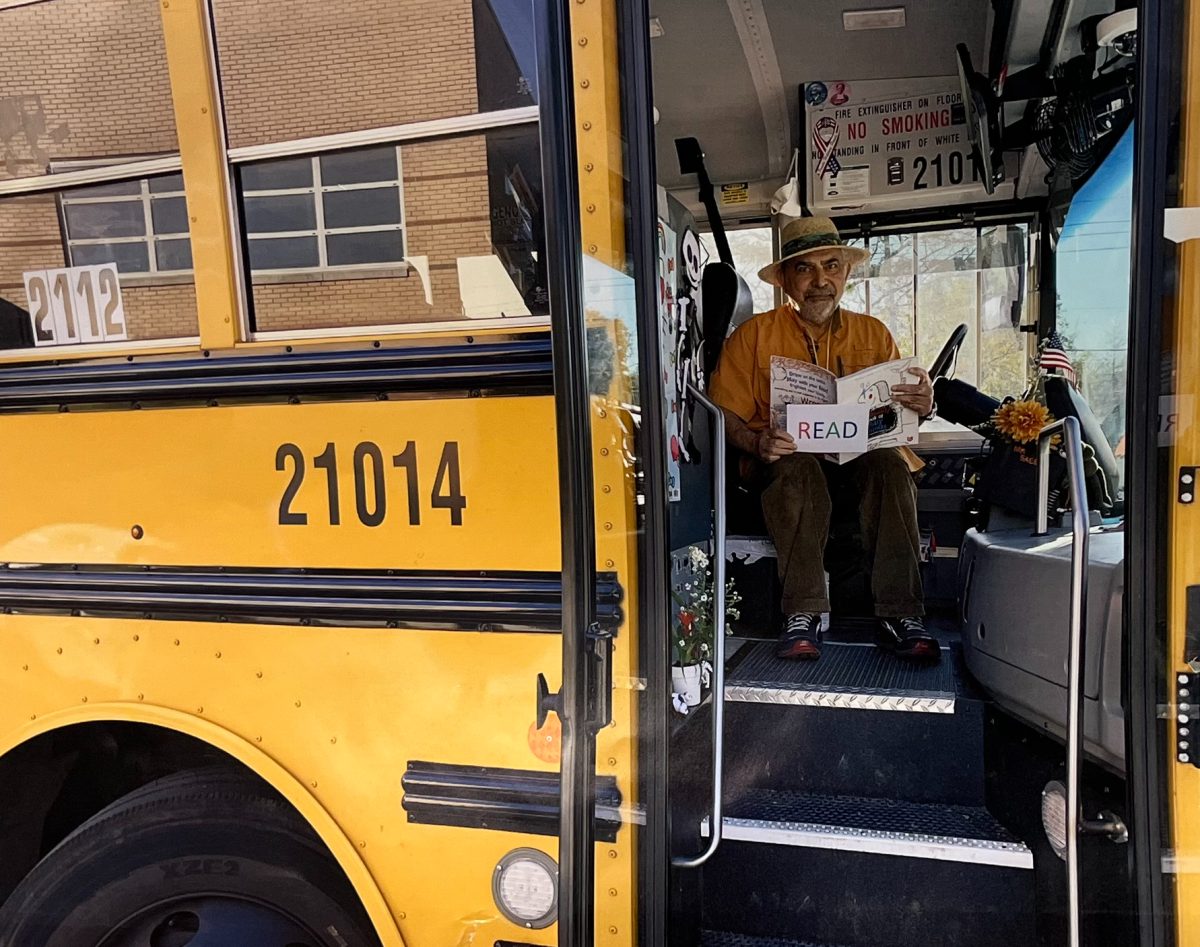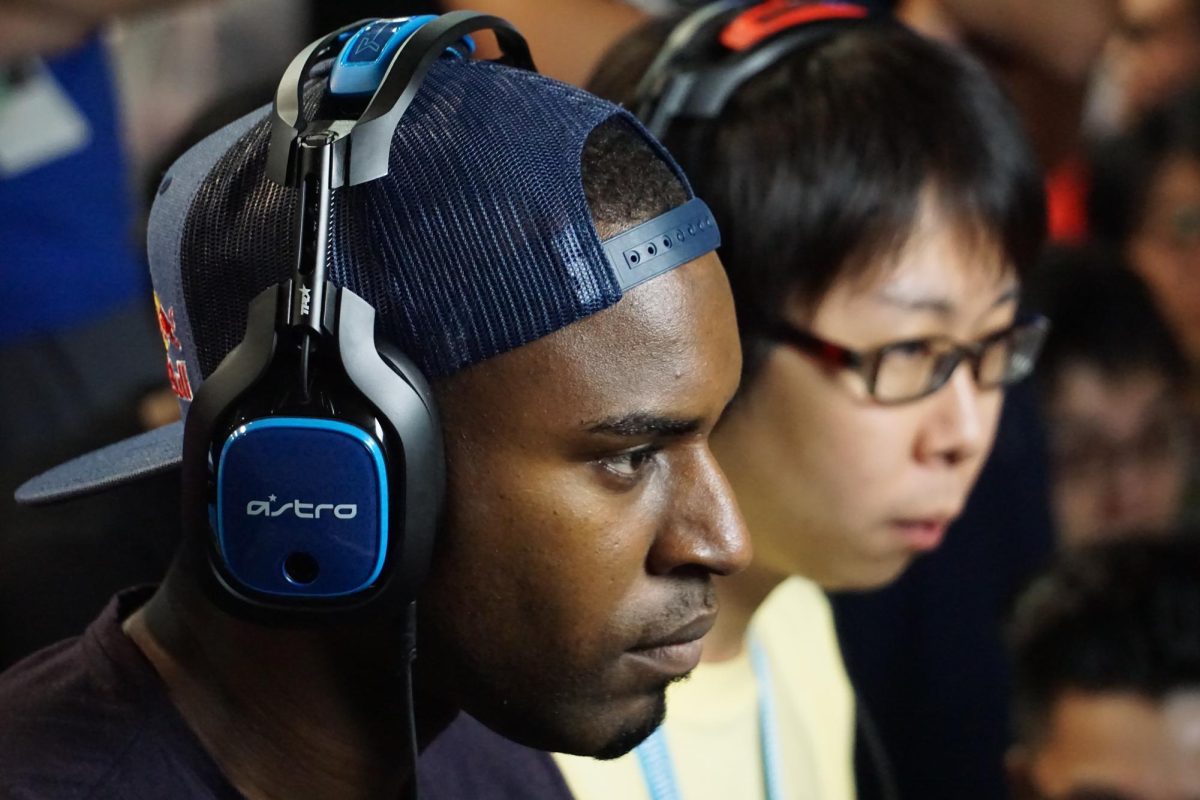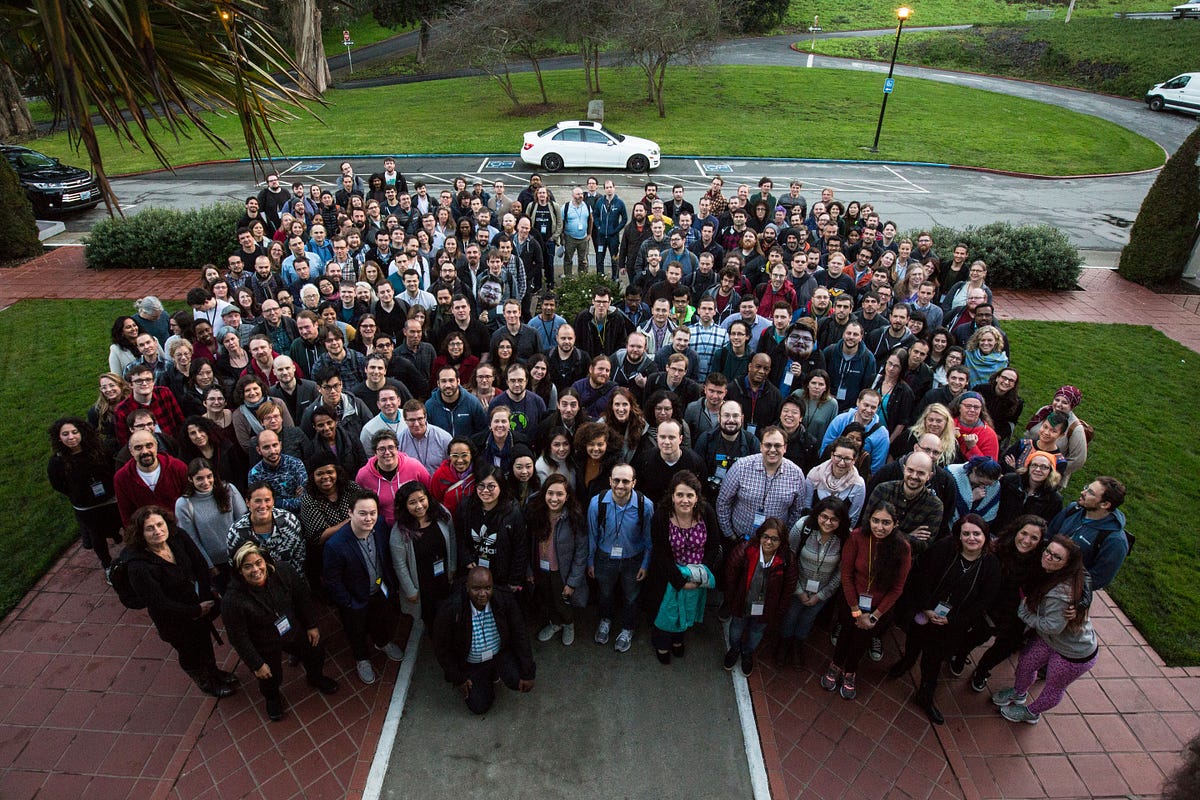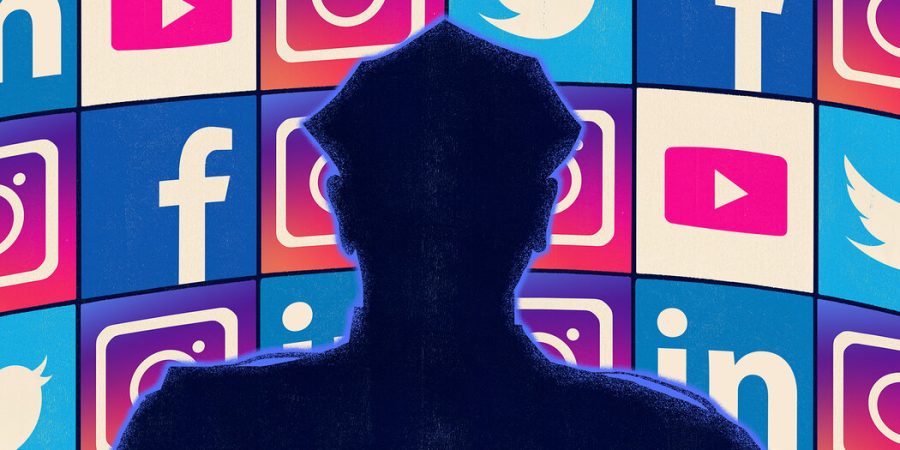Witnesses Turn to Social Media Instead of Appropriate Help
Witnesses of crimes now turn to telling social media, instead of the appropriate people who can actually help.
March 3, 2022
When a 17-year-old student allegedly shot a 15-year-old student at Magruder High School on Jan. 21, there were several disturbing aspects to the incident. First, that the shooting took place at all is terrifying. Second, the weapon used was a “ghost gun,” a privately manufactured firearm made from a mail-sent kit and completely untraceable.
The part of this crime with possibly the longest-lasting impact and maybe posing the most serious danger to all of us is that there were witnesses to the crime who did nothing to help the victim or to make sure the person who committed the crime would be caught. This was not a case in which the witnesses wanted to protect themselves or wanted to stay uninvolved. It was just the opposite. Allegedly, the witnesses told the whole world, but not anyone who could truly help this situation. Rather than letting the school staff know or contacting 911, students posted about this horrific tragedy on Twitter and Snapchat.
Social media can cause us to lose focus during a critical moment. I’m not here to attack Instagram, Twitter, Facebook or any other social media platform. There’s a lot to be said for a technology that allows people to keep in touch and to share their life experiences and interests in sports, music and much more. Yes, social media can bring people together, and as we have seen in a wider political and societal context, social media can help drive people apart into their own worlds of like interests of politics or hate. On the other hand, it can overtake one’s common sense.
Online social media cannot take the place of social responsibility in real life. Witnesses, students, staff or anyone who hears or or sees an act of harm or violence needs to act accordingly and responsibly. The Magruder incident isn’t an isolated occurrence. In another case, 11 people witnessed an assault in Silver Spring, and not one called the police or even stuck around to tell the authorities what they had seen. If someone has been shot, stabbed or beaten and is fighting for to stay alive, the least anyone could do is punch three digits on a phone.
What I am talking about here is a basic issue of responsibility, personal and to society.
How is it that people can watch a shooting or beating or stabbing and not do nothing for the person being attacked? Even if you don’t know first aid, even if you don’t want to call the police, at least tell someone who can help. Even better, students or others can prevent tragedy if they warn school security or law enforcement if they know someone has a weapon.
This isn’t about betraying friends or snitching. It’s about a responsibility to your neighborhood, your community or simply the health and safety of another person.


